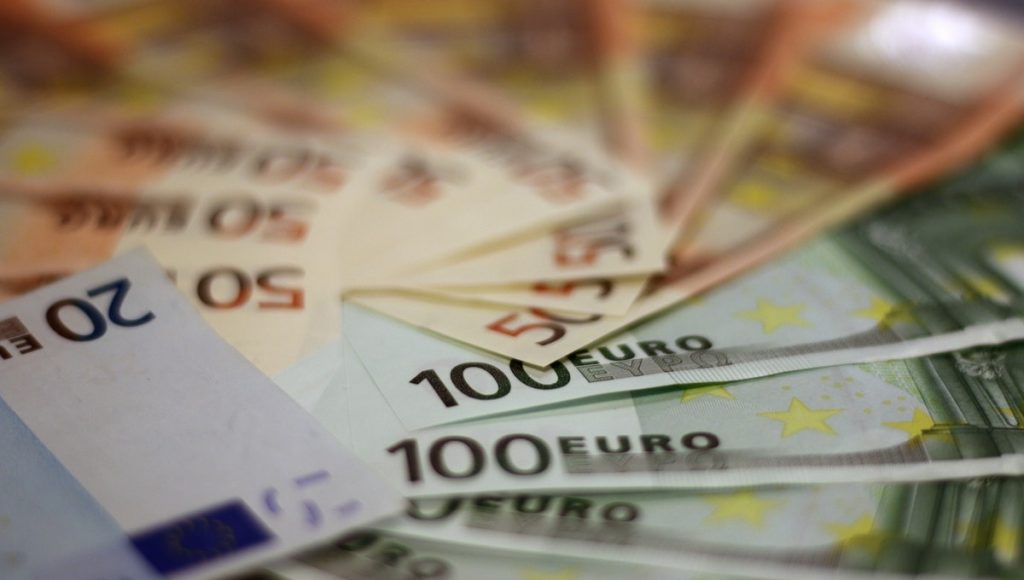
Heating allowance in Germany. Life in Germany. With energy prices rising, many people are avoiding heating due to high costs. To help, the German government is considering a €700 yearly subsidy for heating expenses.
Heating allowance in Germany
Electricity and gas prices keep rising, forcing many low-income people, including pensioners, to cut back on heating. This can lead to serious health risks and damage to homes, such as mold growth and building deterioration.
To address this, the Left Party is pushing for a €700 annual heating allowance. “In a wealthy country like Germany, no one should have to live in a cold home because they can’t afford a hot shower or to turn on the heating,” the party stated. A similar subsidy has been in place in Munich for the past two years and could now be expanded nationwide.
Read also: Key housing regulations in Germany: Changes affecting tenants and landlords
Who could benefit?
The proposed heating subsidy aims to support low- and middle-income households struggling with rising heating and hot water costs. However, the Left Party is calling for this aid to be available only to residents of Berlin. In 2023, over 300,000 people in the city—about 8.2% of the population—could not afford proper heating.
According to Inside Digital, the proposal states that eligible households can apply for:
- €700 for single-person homes
- €300 for shared homes
Other heating support option
People who do not qualify for the proposed subsidy can seek support from the Jobcentre or Social Welfare, depending on their income. They may also be eligible for assistance with their monthly energy bills. Additionally, tenants have the right to a 15% reduction in heating and hot water costs if their bills contain errors. A recent study by the Left Party found that one in five bills is incorrect.
